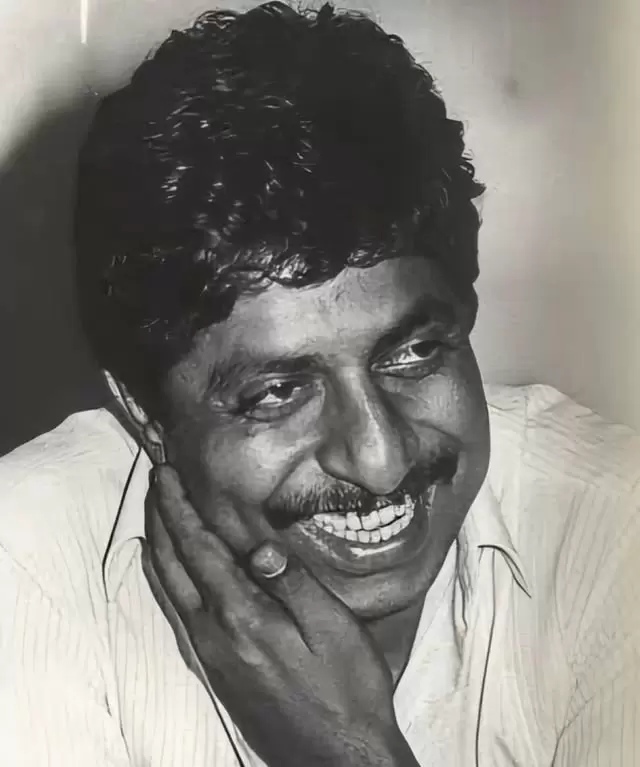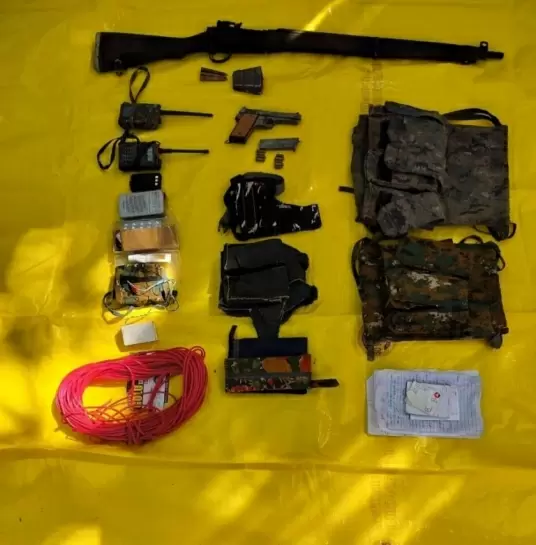Breathing in low quality air can lead to stroke, doctors warn
29-October-2018
On World Stroke Day on Monday, doctors have warned that breathing in low-quality air can cause a stroke.
Stroke is a medical condition in which brain cells die due to reduced blood supply. A stroke can be caused by blockage or rupture of the blood vessels supplying the brain.
Gaurav Thukral, Chief Operating Officer, HealthCare atHome, said in a statement: "Lack of awareness is a major cause of high DALYs (disability-adjusted life year) in India. In India, overall DALYs lost due to stroke are 795.57 per 100,000 person-years, which is very high."
"People are unaware of the linkage of stroke with air pollution and often do not take the necessary steps to avoid it. Even after stroke attacks, people underestimate the importance of rehabilitation, which can be the key to complete recovery and low DALYs. For patients who cannot go to hospitals for regular physiotherapy sessions, home healthcare is the solution for them."
Since prevention is always better than cure, it is important the people adapt themselves accordingly. Using masks while outdoors and using air purifiers at home can help people living in cities with moderate to high pollution. Indoor plants that reduce the pollution also come handy to breathe fresh air indoors.
According to Manreet Kahlon, COO, IVH Senior Care: "Respiratory conditions are often linked to air pollution. However, in the past decade or so evidence has emerged to link the air pollution to cardiovascular disease. The incidence of stroke is highest among low to medium income group countries because of high pollution on account of industrialisation.
"The importance of condition can be understood by the fact that air pollution qualifies to the top 5 list of risk factor associated with death in India."
People must also be aware that when stroke strikes, early interventions can aid recovery. But for that, it is very important to recognise the early signs, which include an uneven smile, arm numbness and weakness, and slurred speech.
Vivek Tiwari, CEO, Medikabazar, said: "In the past, diagnosis and treatment of stroke were challenging. However, with the advancement in the medical technology and devices, the treatment is possible even in a small town. Advanced CT scan and MRI machines have helped in reaching the diagnosis promptly and advancement in procedures like balloon angiography has made it possible to prevent and treat stroke."
"The procedure is safer than open heart surgery and offers better success rates."
-IANS
Bondi Beach Terror Attack: Shooters Sajid-Naveed Identified As Pakistani-Origin Father-Son Duo
Legendary Singer S.P. Balasubrahmanyam's Statue Unveiled In Hyderabad Amid Row
In BJP, Anyone Can Rise From Pasting Posters To National President: Giriraj Singh On Nitin Nabin’s Elevation
Ram Janmabhoomi Movement Veteran Ram Vilas Vedanti No More, Yogi Adityanath Pays Tribute
Rajinikanth Turns 75: Anil Kapoor, Kajol Lead Heartfelt Birthday Tributes









